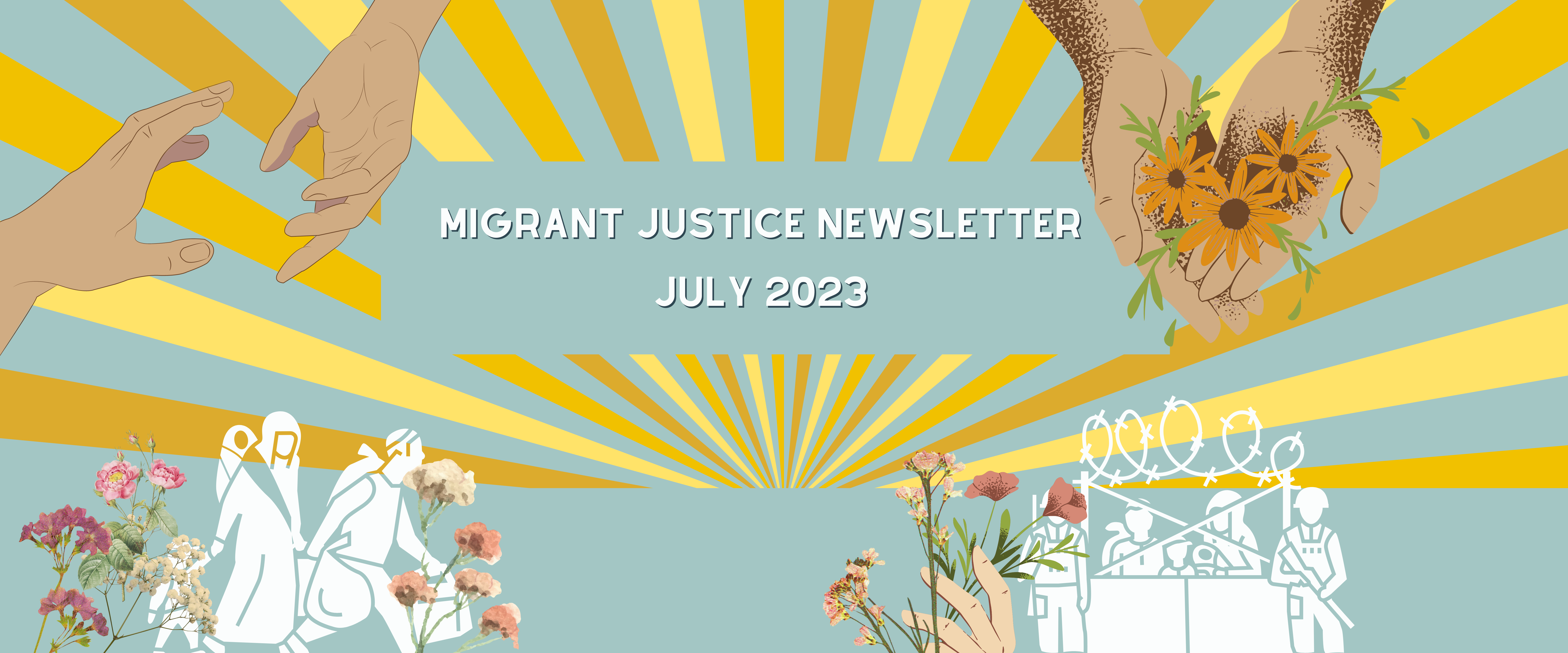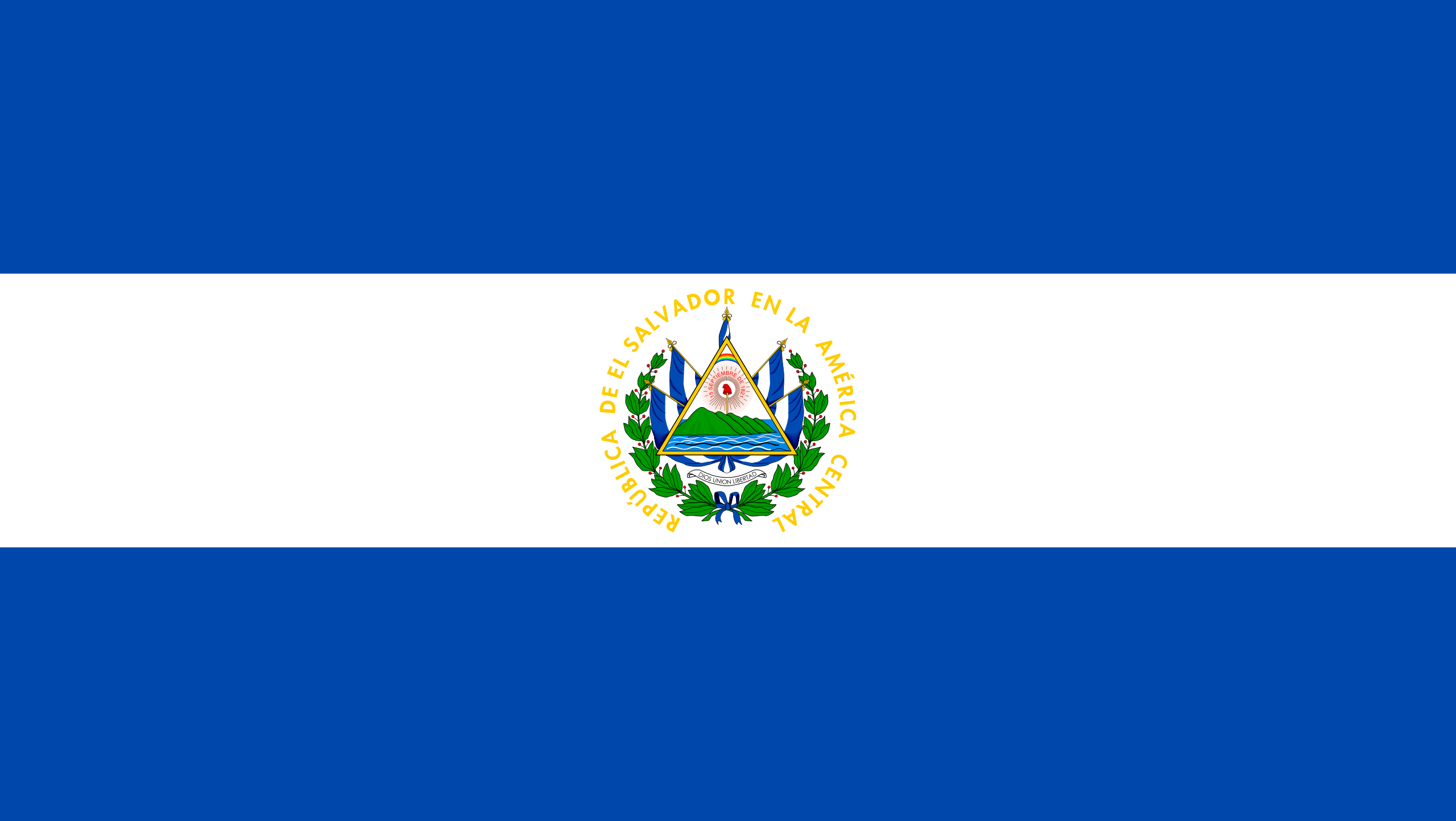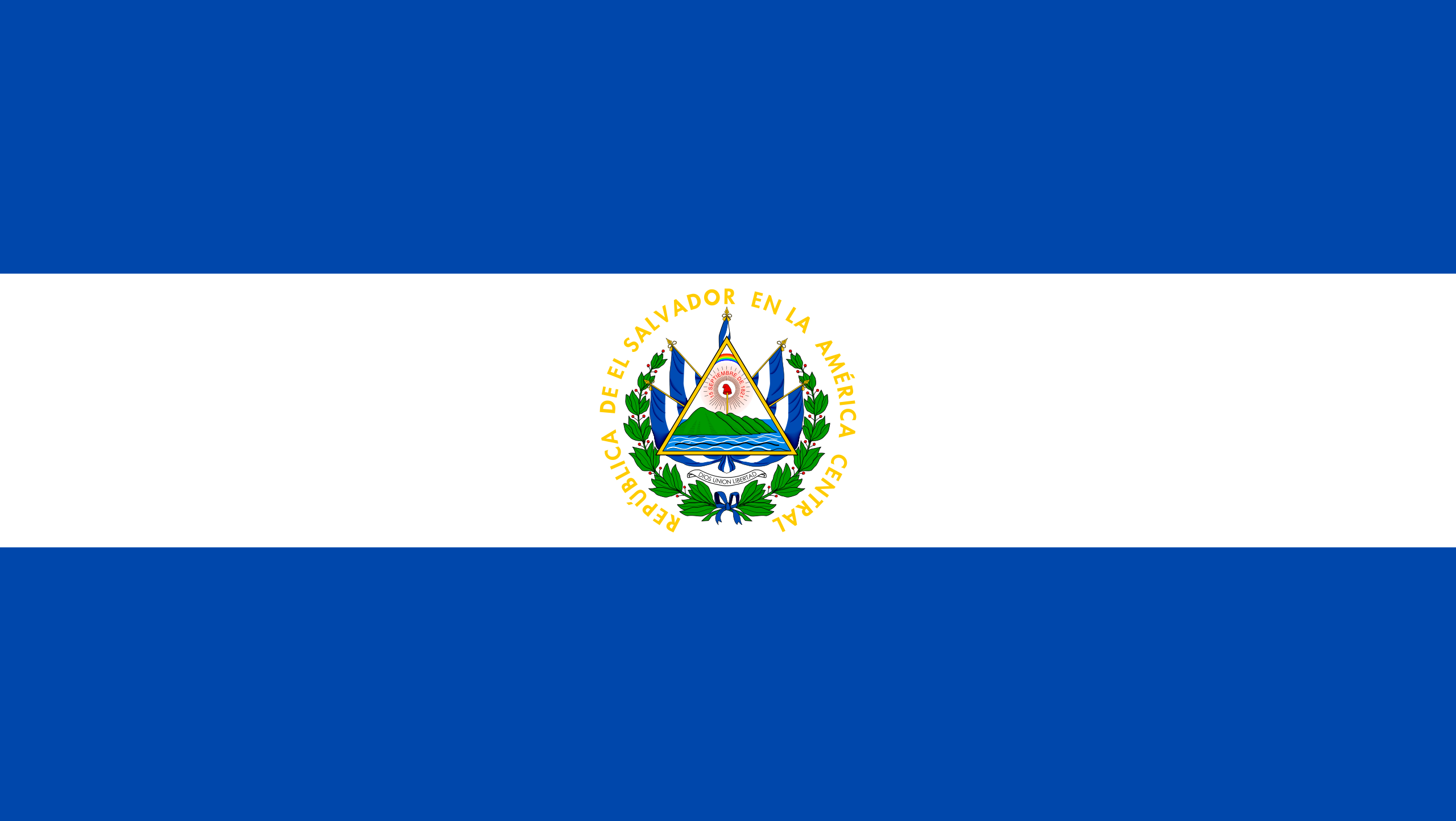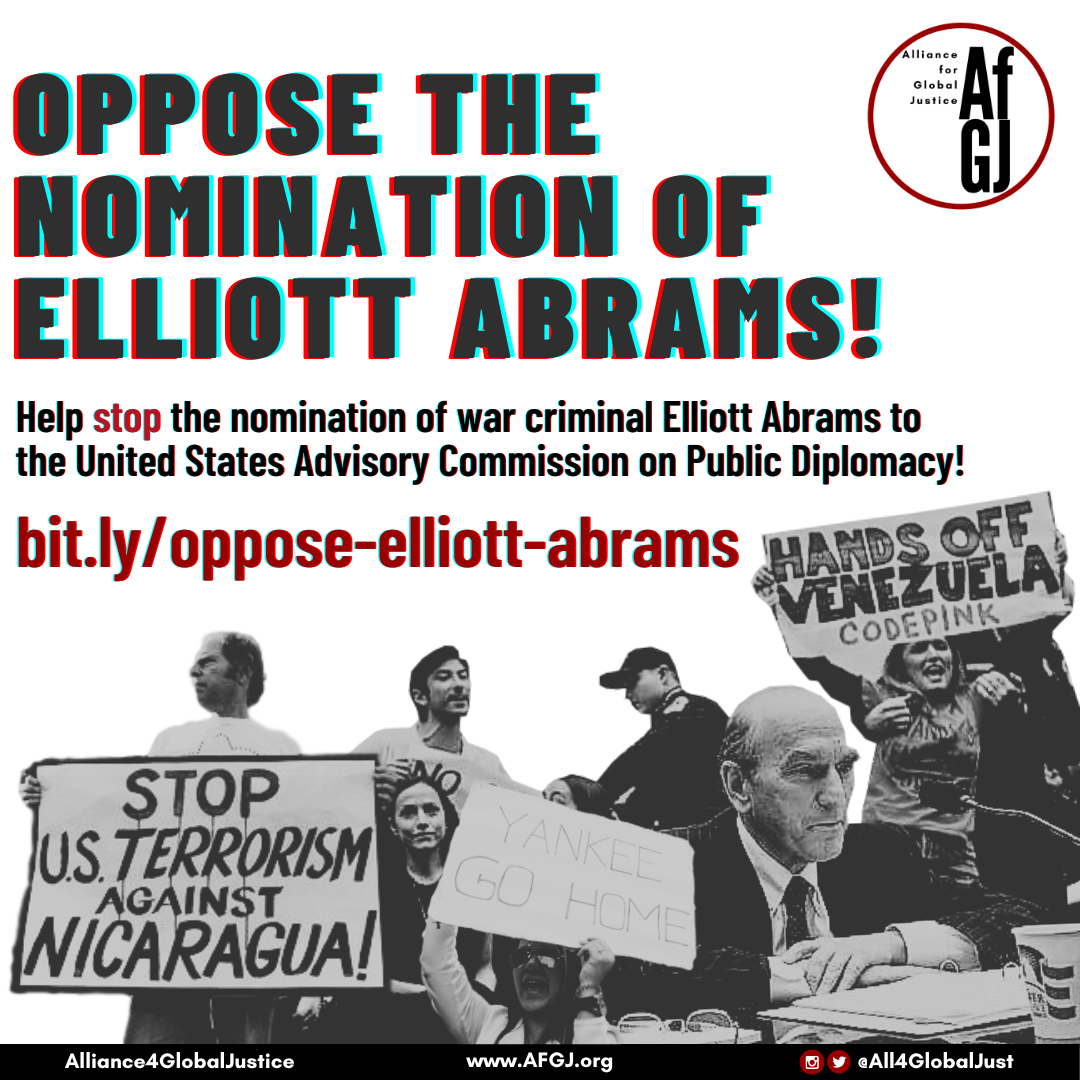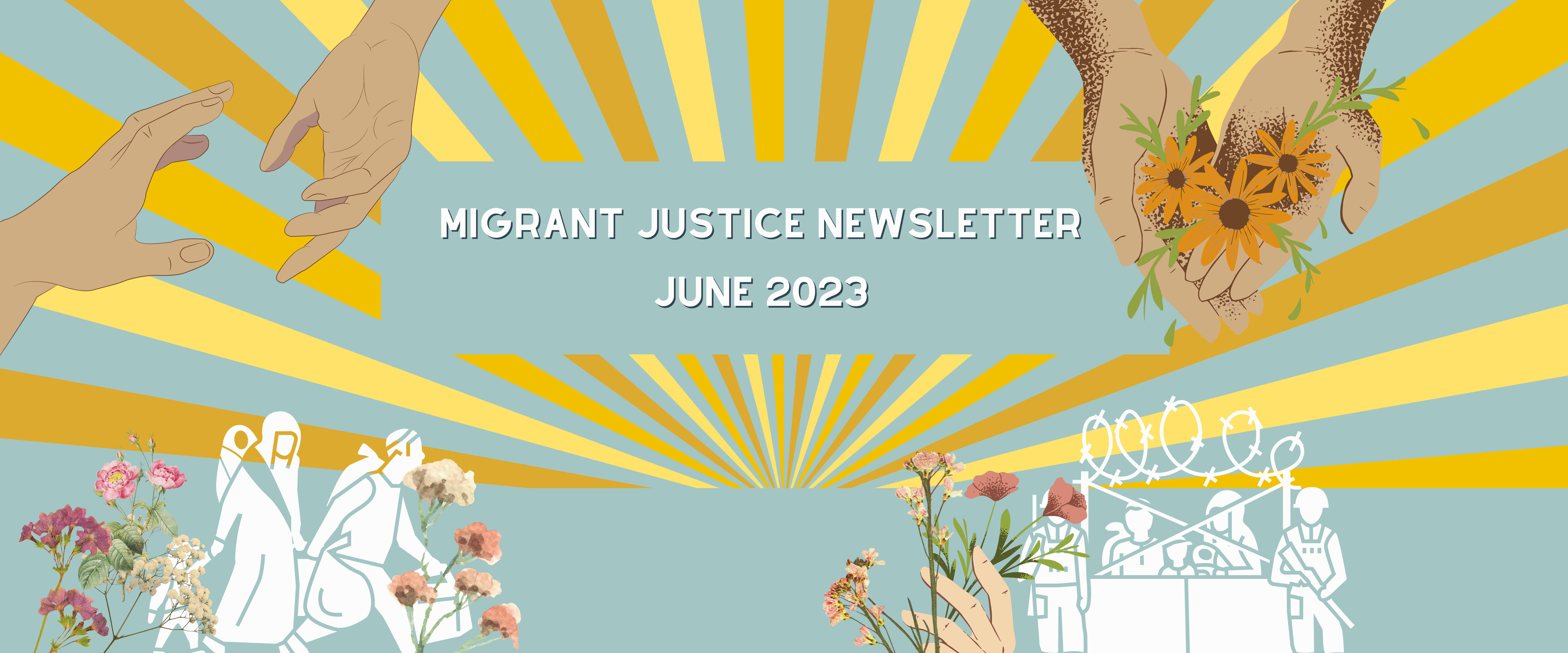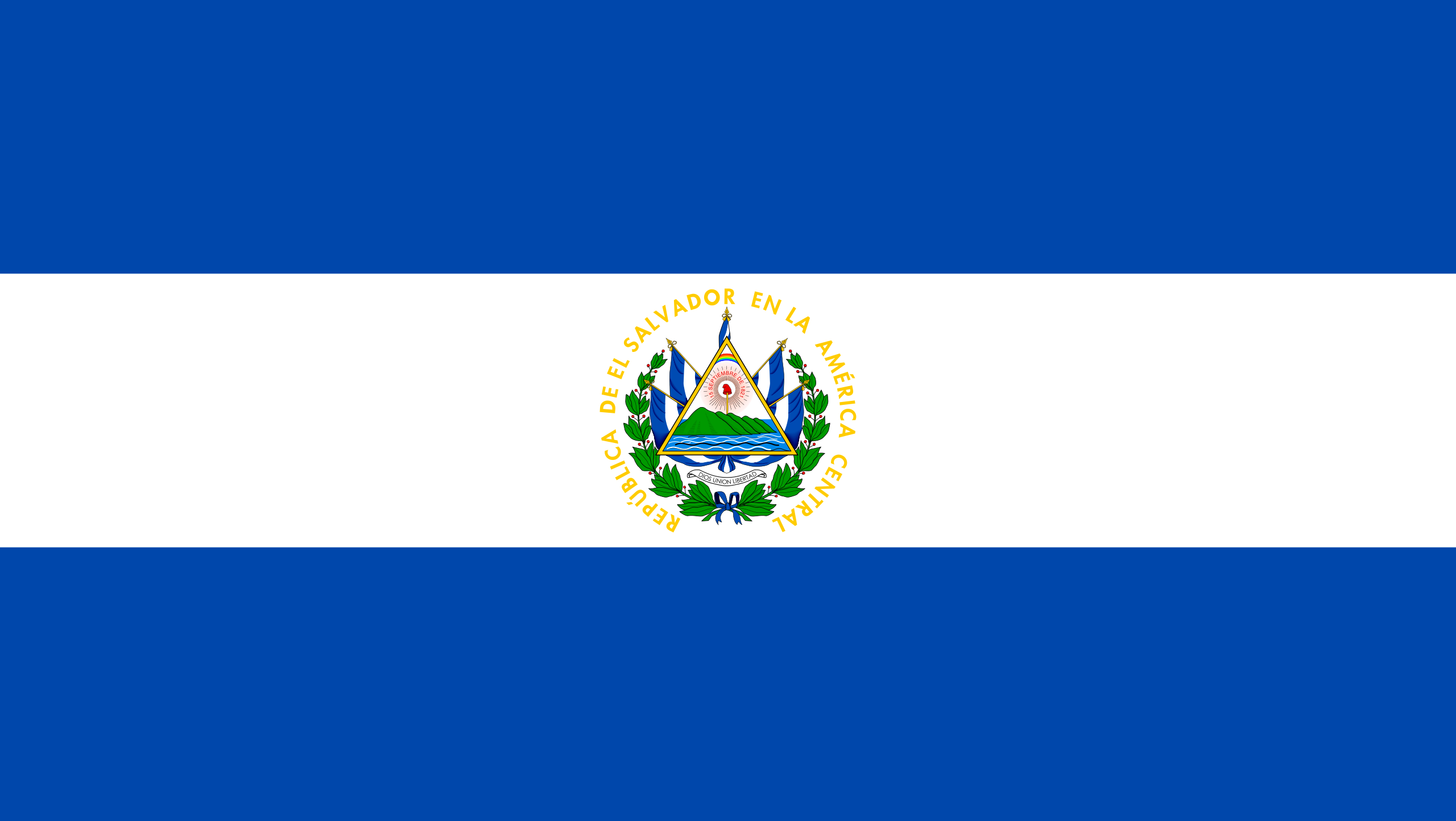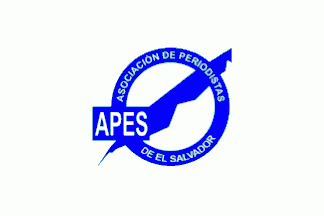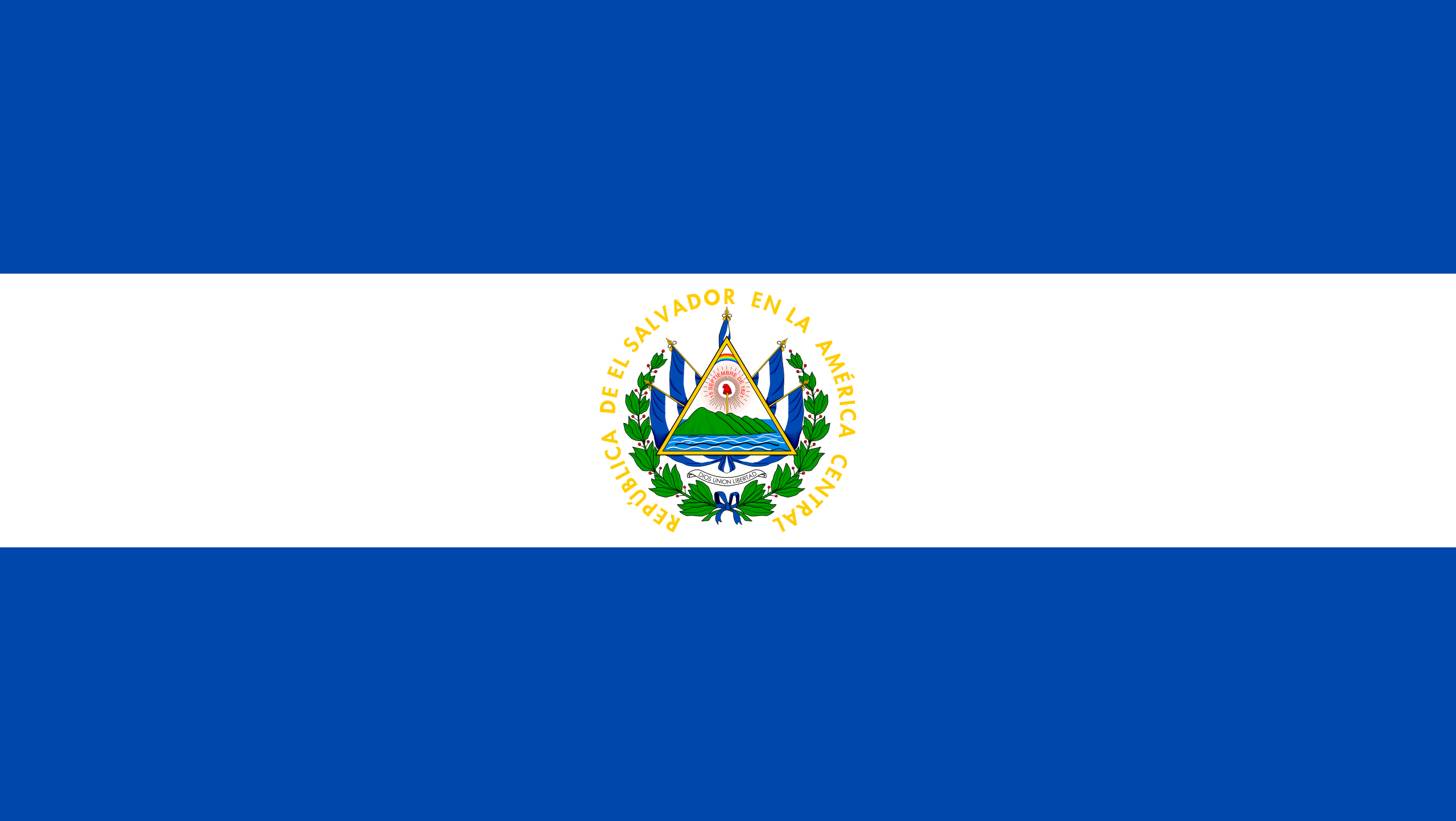Despite the federal government’s bragging that its new asylum-restriction policies at the border are working (backed by stats of fewer “encounters” of undocumented persons), measures to further block people from crossing and soliciting asylum are on the rise. Biden is requesting more money for ICE and CBP, which means more surveillance, militarization, and detention. In the Rio Grande, Texas Governor Abbott is stringing a series of floating buoys wrapped in concertina wire and anchored to the riverbed below with webbing to prevent people from swimming underneath. Aside from being unusually cruel and dangerous to migrants and wildlife, the measure is most certainly in violation of the International Boundary and Water Commission (IBWC), which was established in 1889. And Texas State Troopers told The New York Times that “there were explicit orders [from supervisors] to deny water to migrants and to tell them to go back to Mexico.” This is consistent with a story published in The Guardian in which troopers reported treating a four-year-old girl who passed out from heat exhaustion in 100-degree temperatures, only to watch the Texas National Guard push the girl and her group back into the river to Mexico.
We’re doing what we can to stay on top of migration news at the border, in Ohio, and in the Cleveland immigration court.
In this month's newsletter, please read about: 1) Immigration Court in Cleveland, 2) ICE Air: update on removal flight trends, 3) The Human Costs of the Asylum Ban, 4) At the Border: recent incidents, 5) Darién Gap: Tourism Booms while Migrants Suffer, and 6) Texas Deploys Floating Buoys in the Rio Grande.
TAKE ACTION on any of these items: A) Tell Biden to cut ICE and instead fund real human needs, B) Tell senators to oppose the Supplemental Border Funding Bill, C) Tell your congressperson to vote no on the DHS Security Appropriations Bill, D) Tell Congress to reject new bills that deny access to asylum at the southern border, E) Sign up for the Biden deportation tracker, F) Urge Congress to pass the Afghan Adjustment Act.
